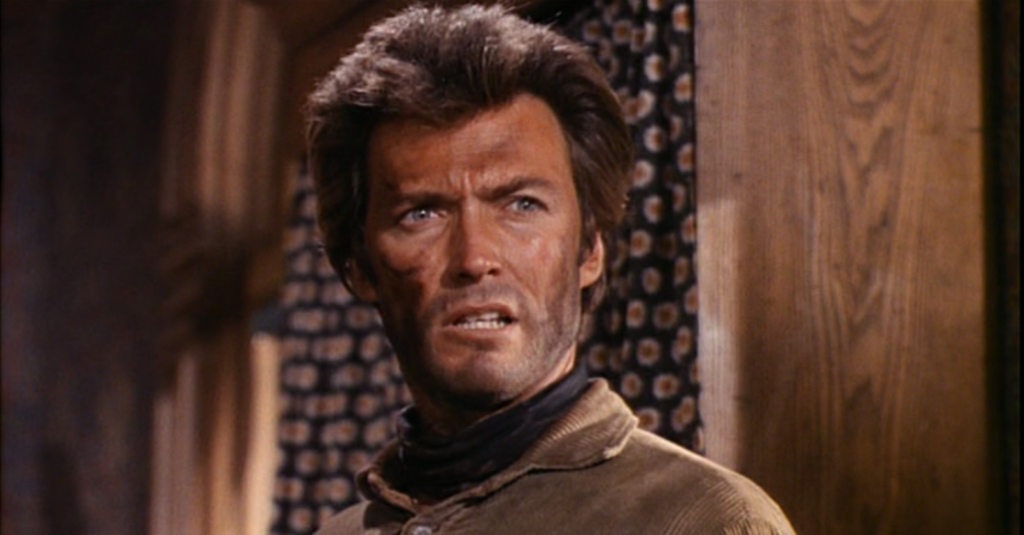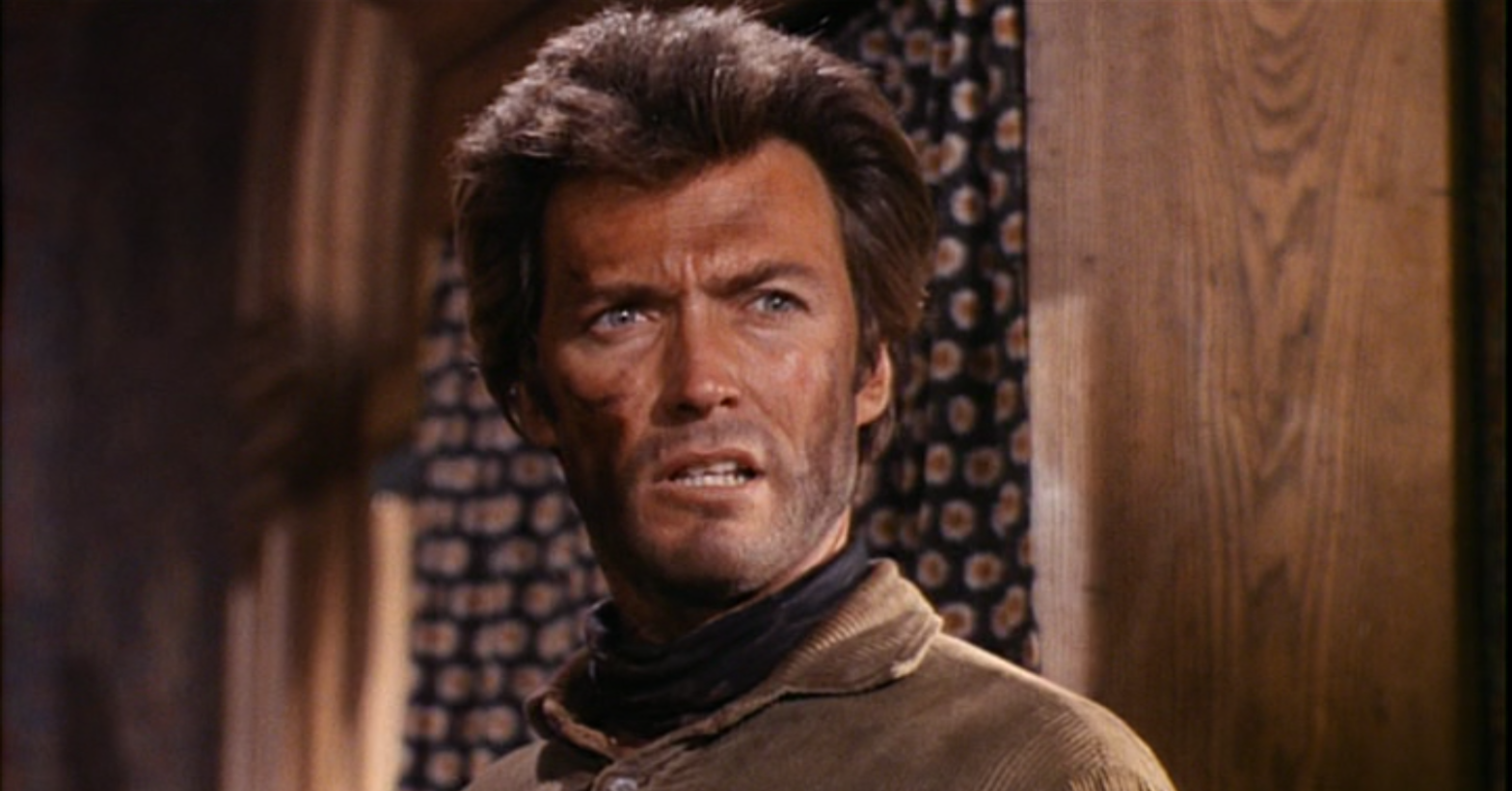Movie Review: Hang ‘Em High (1968) directed by Ted Post
Jed Cooper (Clint Eastwood) used to be a lawman in Saint Louis, Missouri, but got tired of that job. So in 1889 he moved to the Oklahoma and Indian Territory. He used money he’d saved up to purchase cattle from a Mr. Johansen. Unfortunately, that man was actually a rustler who’d murdered Johansen earlier that day and was more than willing to make a quick buck off a careless stranger. This goes badly for Cooper when an impromptu posse of nine catches up with him, led by “Captain” Wilson (Ed Begley).

They believe Jed to be the killer since he’s in possession of the cattle, and decide to become a lynch mob, with only a man named Jenkins (Bob Steele) expressing doubts. Members of the posse take Jed’s saddle and wallet as trophies, and they hang him from a nearby tree. Luckily, none of them have ever hanged a man before and they botch the job. Cooper is still alive a few minutes later when U.S. Deputy Marshal Dave Bliss (Ben Johnson) happens by transporting prisoners. He cuts down and revives Jed Cooper and takes him into custody.
After Jed Cooper reaches Fort Grant and spends some time in the prison there, he meets Judge Fenton (Pat Hingle), currently the only federal judge in the territory, and thus the law. As it happens, the real rustler was caught, tried and sentenced to death, and the judge invites Jed to watch the hanging from his office. The rustler managed to spend most of Jed’s money before being caught. Judge Fenton makes Cooper an offer. Based on his history, he’d make a good U.S. Deputy Marshal himself. The pay is good, the job is dangerous, and one of his assignments will be to bring in the members of the lynch mob. Alive.
That last bit might be a tall order.
This film was the first made by Clint Eastwood’s own production company, Malpaso, and thus the first where Mr. Eastwood had a large say in how the film was made, picking the director and getting script changes to suit him.
Jed Cooper is an interesting contrast to both The Man With No Name, and Dirty Harry Callahan, the other famous roles Eastwood played around this time. Unlike No Name, Marshal Cooper is a person with a past, a present and future goals that aren’t just for himself and the immediate moment. He’s also introduced with a bit of gentleness, Cooper’s first on-screen act being saving a calf from being stuck in a creek. His policing style bears a resemblance to Harry’s, but his problem with the system isn’t that it’s too tilted towards the rights of criminals, but that it’s arbitrarily too harsh on people who perhaps could be rehabilitated.
Judge Fenton is a “hanging judge” who feels that he has to mete out harsh justice to control the large territory he’s been put in charge of. He has no personal joy in the act of execution, unlike many of the townsfolk of Fort Grant, who treat a mass hanging as a festival event, with singing and cold beer. Fenton is looking forward to the day when Oklahoma becomes a state with a proper legal system that has checks and balances. At the end, he asks Cooper to stay on as a marshal as Jed has worked through his personal vengeance issues and rediscovered his conscience.
The love interest is Mrs. Rachel Warren (Inger Stevens). Two unnamed drifters murdered her husband and raped her, so she takes a good look at the men brought to the Fort Grant prison in hopes that one of them might be caught. The compression of time to fit her subplot in the movie makes it look like she got over her intimacy issues way too fast once she fell in love with Jed.
Dominic Frontiere was hired to compose the music score in a Morricone style. It’s not quite as good as the Dollars trilogy music, but still enjoyable.
The personalities of the nine lynchers are varied, as are their reactions to what they’ve done and its consequences. Reno (Joseph Sirola) is a scumbag, but the rest are more or less decent men who allow their anger and sense of self-righteousness to override their good sense and commit a horrific mistake. Jenkins turns himself in, but others flee the area or double down on killing Cooper. One dies offscreen as Marshal Cooper is forced to deal with a more pressing capture–he doesn’t have the luxury of only working one case!
An interesting bit. All the guards at the Fort Grant prison are black men. This is never mentioned in dialogue, I wonder if it’s a historically accurate detail from the real-life Fort Smith?
New Mexico stands in for Oklahoma, creating some odd landscape moments.
There’s enough moral complexity here to provide good thinking material, without going quite to the cynicism of the Sergio Leone movies.
Content note: Western-style violence, some a bit bloody. Multiple hangings. Extramarital sex. Rape in the backstory. Suicide. Abuse of alcohol (one of the men to be executed blames his killings on this.)
Overall: A very good Western. It’s perhaps not one of the greats, but well worth watching.

